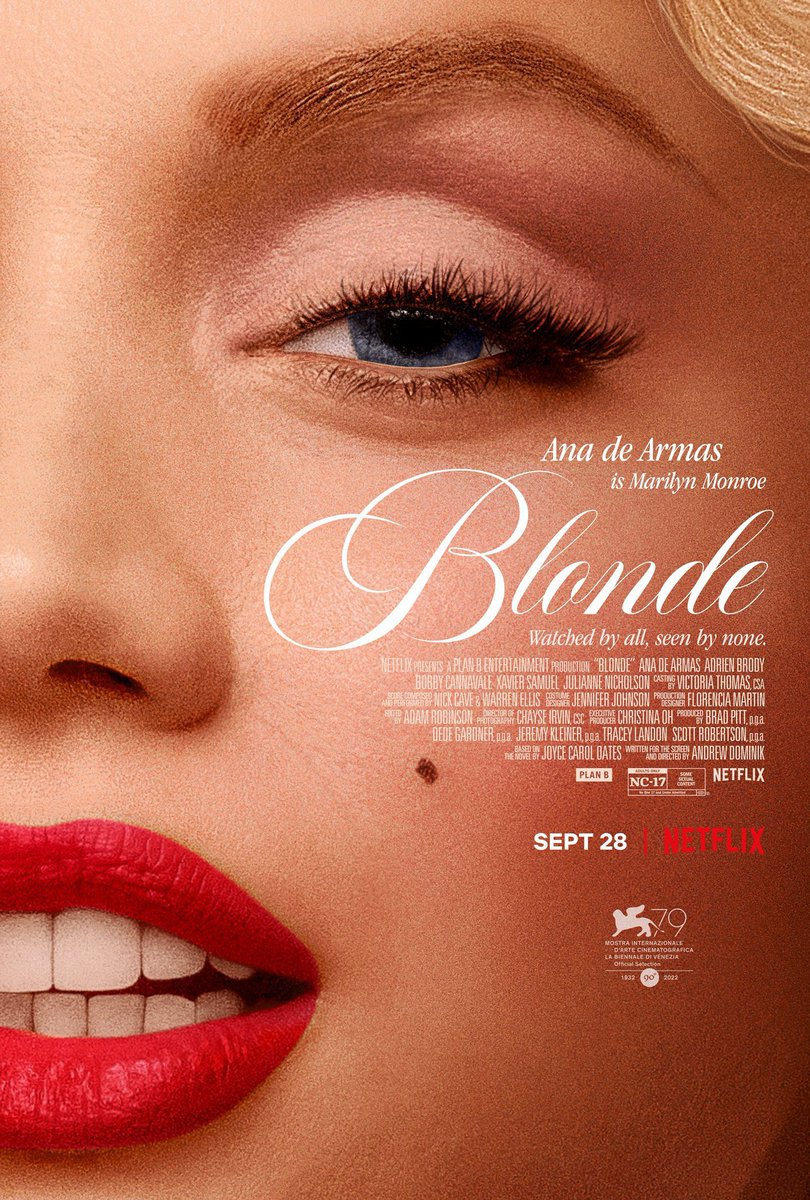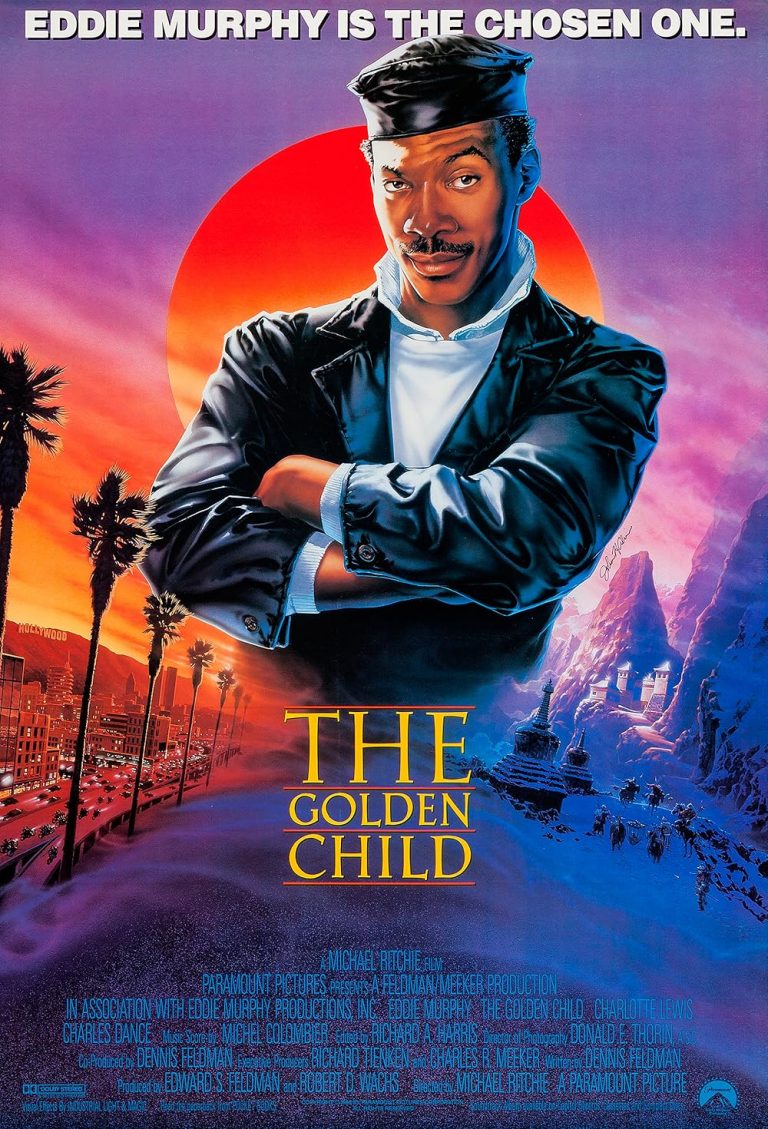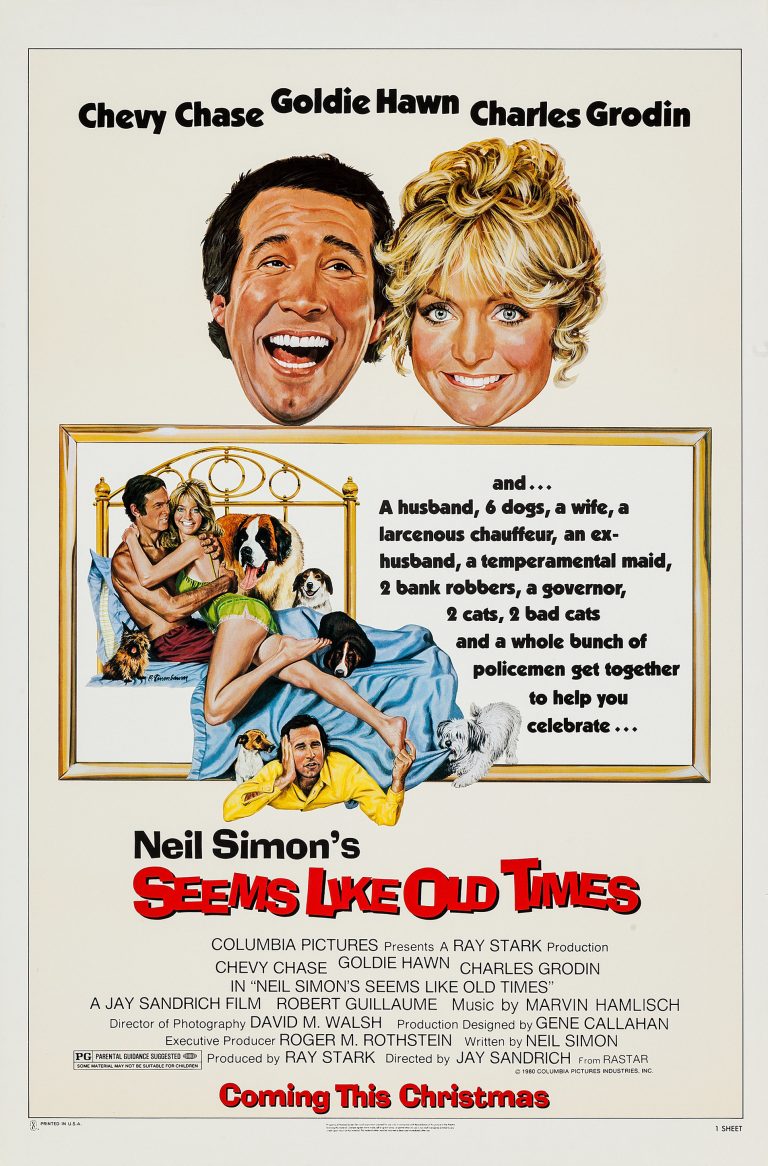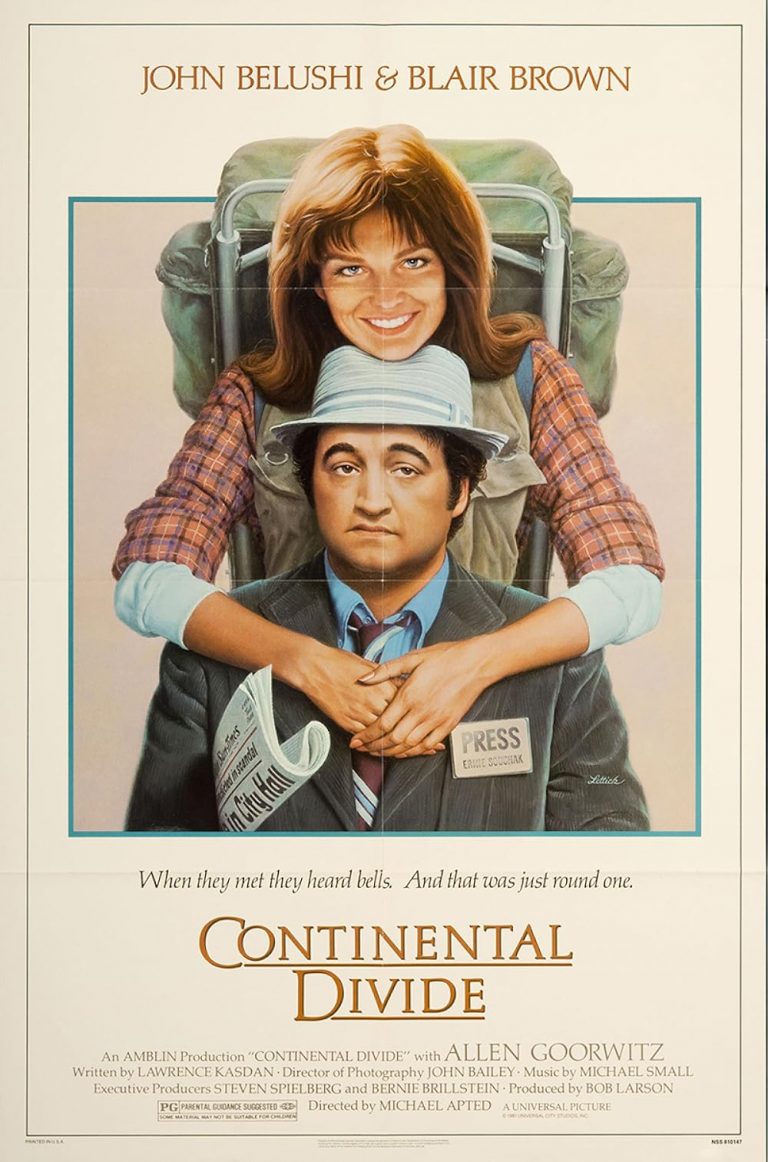Starring: Ana de Armas, Adrien Brody, Bobby Cannavale
Grade: C-
To give you an idea of what movie you’re about to watch, at one point we get a closeup of Monroe’s face as she’s sucking President Kennedy’s dick. In her head, she tells herself she has to swallow too.
Take with that what you will.
Summary
To begin the story of Marilyn Monroe (Armas), we have to understand how the real-life Norma Jeane Mortenson was brought up. We go to the childhood of Norma Jeane in 1933 Los Angeles. Right away, we are introduced to her insane mother Gladys Pearl Baker (Julianne Nicholson) driving kid Norma Jeane to a “birthday surprise” of sorts. They get to the house, and Gladys presents a framed picture of some man she says is Norma Jeane’s father. Following their celebration of Norma Jeane’s birthday together and Gladys reminisces about when Norma Jeane was a baby, she wakes up her daughter that night after a fire breaks out in Hollywood Hills. For some reason though, she drives towards the commotion until she’s stopped by a police officer. She comes up with this elaborate lie about how they’ve been invited by a powerful man to a fireproof mansion at the top of Laurel Canyon. This cop can see she’s lying and very clearly insane and sends her back home. On the ride back, Norma Jeane asks about her father which sets off Gladys who smashes Norma Jeane’s head on the dashboard and spanks her. Back at the house, she loses it and tries drowning Norma Jeane while giving her a bath. She stops for a moment, allowing Norma Jeane to escape. As she does, Gladys yells at her and tells Norma Jeane she’s to blame for her father leaving.
Once Norma Jeane gets into the hall, she’s able to ask her neighbors Miss Flynn (Sarah Paxton) and Uncle Clive (Ryan Vincent) for help, and they take her in. Sometime after, Miss Flynn tells Norma Jeane that Gladys is doing better and the doctors have said she can see her now. Turns out, this was a boldfaced lie, and Miss Flynn regretfully takes her to an orphanage, admitting Gladys is crazy and will be put away for a long time in a mental institution. We then move along to a now grown-up Norma Jeane, going by the stage name “Marilyn Monroe”. She is now a pin-up model appearing on magazines, calendars, and whatever else. After studying some acting, she is able to secure a meeting with “Mr. Z”, a fake name given to represent studio executive Darryl F. Zanuck (David Warshofsky). She reads for a part but instead of giving her feedback, he just rapes her in his office. Afterwards, she gets her first acting role presumably because of the incident. Even at the premiere of the film, as she smiles seeing herself on screen, the executive next to her puts his hand on her leg. Following her breaking down in front of her acting class, we jump to her audition for the role of Nell in Don’t Bother to Knock. She pours her heart and soul into the audition, but the casting directors seem put off by her emotion. She tries to convince them to give it to her based off how she has connected with the character and the script, but everyone seems indifferent following her exit.
Thankfully, she does get the role, but we have to assume it’s because the main director commented on how nice of an ass she has once she leaves.
Sometime after this, she visits her mother Gladys in the mental institution for the first time. Gladys is completely unresponsive until Norma Jeane asks about her father and talks about how she’s tried to find him. Gladys angrily says she doesn’t know who Norma Jeane is and how she isn’t her daughter. Next, we see Norma Jeane filming Don’t Bother to Knock. As the character is about to cut herself with a razor blade, she gets a vision of her mother telling her to go through with it as the director yells, “Cut!”. Immediately after, she takes some pills to calm herself. Following the release of the movie, she has a call with her agent Mr. Shinn (Butler) and how she’s not comfortable with how the public will perceive her character and her persona of Marilyn Monroe, but her concerns aren’t taken seriously. Now, it’s 1952. She goes to the LA Actor’s Circle and runs into Cass Chaplin (Xavier Samuel), the son of Charlie Chaplin, and Edward G. Robinson Jr. (Evan Williams), the son of Edward G. Robinson. They bond as a collective. After a wild threesome, they start a polyamorous relationship. Following her breakout role in 1953’s Niagra, the three are spotted hanging out together by tabloids, and it’s scandalous. Her agent tells her she can’t be seen with them in public and to take precautions even in private.
Mr. Shinn says he’s just thinking of her career and well-being, but Norma Jeane knows he’s just thinking of Marylin Monroe, the real-life “character” they’ve essentially created. This battle between the life of Norma Jeane the person and Marylin Monroe the star actress, is a struggle she will forever face until her own undoing.
My Thoughts:
Blonde was all over the fucking place.
I’ll start by saying it’s a visually striking picture. Director Andrew Dominik holds our attention throughout the elongated runtime with a number of ideas and different artistic choices that make the film feel mystical in presentation. It was like an engrossing art piece, and we move with the brush strokes of the painter while being immersed in the material because of the ethereal music surrounding the background. At some points, this same, beautifully hypnotic song is played, and it digs deep and stays with you as the characters almost speak in poems to each other. It’s filmed differently too. We get a mix of the cinematic black-and-white in a lot of scenes and in others, it’s combined with vibrant and warm colors depending on the situation. The aspect ratio is even played with a bit as we move in and out of Norma Jeane’s life on and offscreen.
Man, storyboarding for this must have been a nightmare.
For this vision Dominik had, you can tell a lot had to come together for his passion to see through. I can see it accomplished this at the very least.
Along with that, we feel the hell Monroe went through in her lifespan, exemplified by an excellent transitional sequence where she goes from the plane, straight to a movie premiere, straight back to the plane at the height of her otherworldly popularity. From the failed pregnancies to the never-ending search for her father and having to settle for an abusive Joe DiMaggio (Cannavale) instead, the divorces, the abortion (and another hallucinated abortion), the miscarriage, to having numerous mental health breakdowns, she seemed to have been on borrowed time as soon as she stepped foot into the film industry. At least, this is what we’re led to believe. Apparently, the only happy moments she endured you can count on one hand. The depiction of the evils of Hollywood were very well done though. It was chilling watching her in the crowd as she views Gentlemen Prefer Blondes, thinking “For this, you killed your baby”, the media commentary in the famous white dress scene in The Seven Year Itch, as well as the on-set drug use from her, or executives forcing the on-set doctor to encourage or force it onto her. The downward spiral she was in depresses you, especially as we see her put on her front for the public, capped off by a crying Norma Jeane looking into the mirror and then smiling and blowing a kiss at herself, showing us her transition to Marilyn before she goes out in front of people.
There are a lot of moments that demand our attention visually and emotionally. However, the movie flies off the rails in a hurry.
The actual content in the film is nuts.
For starters, Ana de Armas was said to have worked with a dialect coach for a year.
Yeah? Well, fire him.
You don’t have to sound exactly like Marilyn Monroe to pull off the role, but to sound nothing like her is pretty ridiculous and a bit disrespectful, though most of this movie is disrespectful to her, so it fits in that regard. It was so noticeable, it felt like we were watching an impersonator of Monroe and how she had a horrible life. Don’t get me wrong, Armas nailed the look. At some points, it’s as if we are looking at a deepfake of Monroe. Nevertheless, anytime she opens her mouth, we’re reminded how far off she actually is. I don’t understand how a majority of critics gave her performance credit when they gave Will Smith shit for his accent being off in Concussion. If this isn’t a double standard, I don’t know what is. I love Armas. She’s one of my favorite actresses in today’s Hollywood, but to say she her performance was a positive is a complete fucking lie. Did she nail the grief of Monroe, the sexuality, the addiction, and the emotional ups and downs of her life? Definitely! She even pulled off the “whisper” thing Monroe had when she talked, though the “daddy” stuff was a bit uncomfortable. However, when you have a clear Cuban accent throughout, it takes you right out of it. There’s no way she got this role out of merit. It was 100% because she’s one of Hollywood’s biggest stars today. You can’t convince me otherwise. There’s no way they couldn’t find anyone else in the casting process that could sound like Monroe.
Not a chance.
How many women auditioned? Not a single woman did the voice better than Ana de Armas? I don’t believe that for a single solitary second. You just wanted her because she’s the “It” girl right now.
The performance we should be talking about was Julianne Nicholson as the mentally ill mother of Norma Jeane. The haunting frame of a naked Gladys closing the door to Norma Jeane and her neighbors is one for the books. Even in a smaller supporting role, she should be the acting performance that people take away from this film. She was remarkable to say the least.
This is just the tip of the iceberg. Look, we know it’s well-documented Monroe had a terrible private life that tore her apart mentally. I also have to acknowledge that Blonde is a “fictionalized” biopic. Even so, I can’t help but think that having her getting raped TWICE in this movie is a wild thing to throw out there with zero evidence to back it up. In the movie’s defense, you could probably get away with the first one because film executives back then could get away with some evil shit. The odds of this happening and us never finding out is higher than you would think. At the same time, doing this and implying President Kennedy raped her is grossly irresponsible. Yes, this is a fictionalized biopic. I understand you have to change things up a bit to fit the narrative of the film you’re making, but this isn’t getting the incorrect year in which a song came out like in Bohemian Rhapsody. This is JFK raping Marilyn Monroe when there’s no evidence to support it whatsoever. That’s a bit outrageous, no? Continuing with the questionable creative license taken, there’s a scene where she’s forced in a hospital to have an abortion, even though that’s not how that works. If you wanted to make a dramatization of what a woman may go through in her head as she gets one, I guess you can go there, but they set it up as if the doctors are attacking her, and she fought them off. It’s a weird scene. It’s memorable within the film but such a load of shit that it throws you off. We know she wanted to get the abortion after finding out her mother’s mental illness is hereditary, but the follow through doesn’t make sense. Following her “escaping” the hospital room after deciding against it, she runs until she appears in a burning building and saves a baby from a dresser drawer.
Okay, this is clearly a statement of some kind, but what are we trying to say here? She still went through with the abortion, so she didn’t save shit. Even the metaphorical reasoning doesn’t make sense! Maybe there’s a deeper meaning here that I didn’t catch, but at this point, who fucking cares? Also, Monroe never had an abortion! Why make up such a claim for drama? Three real-life miscarriages are enough trauma for her to go through within the movie, along with everything else. Doesn’t a made-up abortion seem like overkill?
On top of that, we get a scene where her baby, still in the womb, talks to her like he’s fucking Casper and claims to be the baby she killed earlier in her life.
I…I just lost it there.
What?!
To say this could’ve been cut from the final product is an understatement. This did not fit the vibe of the movie at all, nor did it have the emotional impact director Andrew Dominik clearly thought it had. Also, as wildly alluring as the three-way relationship between Monroe, Chaplin Jr., and Robinson Jr. was (and we see it portrayed as the only relationship she’s ever consistently happy with), this never happened either. She dated the men briefly and individually, but to assume they were in a “throuple”, and they even tried blackmailing Joe DiMaggio with nudes of her is a bit crazy. On the other hand, for dramatic purposes, this was a particularly intriguing beat. Once this scene happens, we wonder what the payoff is going to be. What was their goal here? Why the hell did they do that? What was their reasoning? Well, we got answers to none of these questions. They left her life, came back in to cause shit with her marriage, left again, and then asked us to care when Cass died. Newsflash, we didn’t. On top of that (SPOILERS), Cass was the one sending letters and acting as if he was Norma Jeane’s long-lost father! Sorry, but fuck both of them.
At least some of the scenes with Arthur Miller (Brody) were nice.
Weirdly enough, everything could have worked in Blonde if it had nothing to do with Marilyn and was just about some fictionalized movie star from the 50s. They could’ve implied it was Marilyn but left it to interpretation. This way, they could creatively get away with some of the more outrageous elements to the screenplay because you don’t have to worry about disrespecting a real person in the name of “art”. If they’d just done this instead, my review would’ve been much higher, and it would’ve revolved around complimenting the visual style much more, a major highlight of the movie that makes it mesmerizing. Plus, they could’ve gone even crazier with it because there wouldn’t have been any rules to follow. Sadly, they didn’t. It’s as simple as this: As soon as you stamp it with “…about the life of Marilyn Monroe“, there are loads of expectations that come with it. This is why it fails. You have an immediate responsibility to the person you’re basing it off of when you label it as such. It doesn’t have to be 100% accurate to be good. You can still have fun with it and do your own spin, but you still have to honor key moments and not do anything to jarring to where you’re just throwing shit at a wall just because it fits a story you want to tell. Oliver Stone’s The Doors comes to mind when I say this, a film that did it right. With Blonde, they decided to just do whatever they wanted with Marilyn’s life whether it happened or not.
If you didn’t want to make it about her, why make it?
In Blonde, the unfortunate takeaways Andrew Dominik wants us to realize is that Marilyn Monroe was incredibly naive, borderline stupid (“People make spaghetti?”) and led a miserable existence after being used and abused by almost every single person she met until she died. If that’s the message we’re supposed to get from this movie than bravo I suppose…
Fun Fact: Both Naomi Watts and Jessica Chastain were attached to star as Marilyn Monroe at different points of production.





+ There are no comments
Add yours